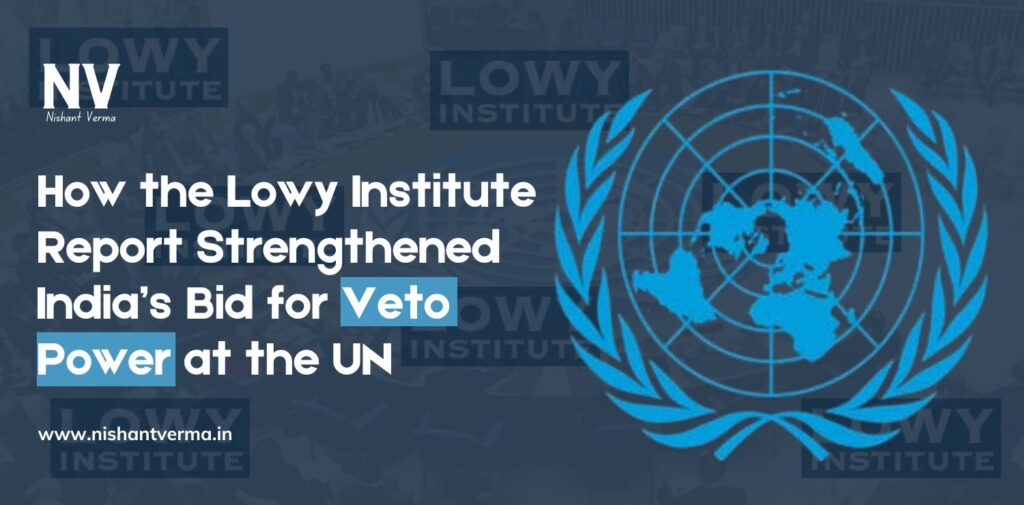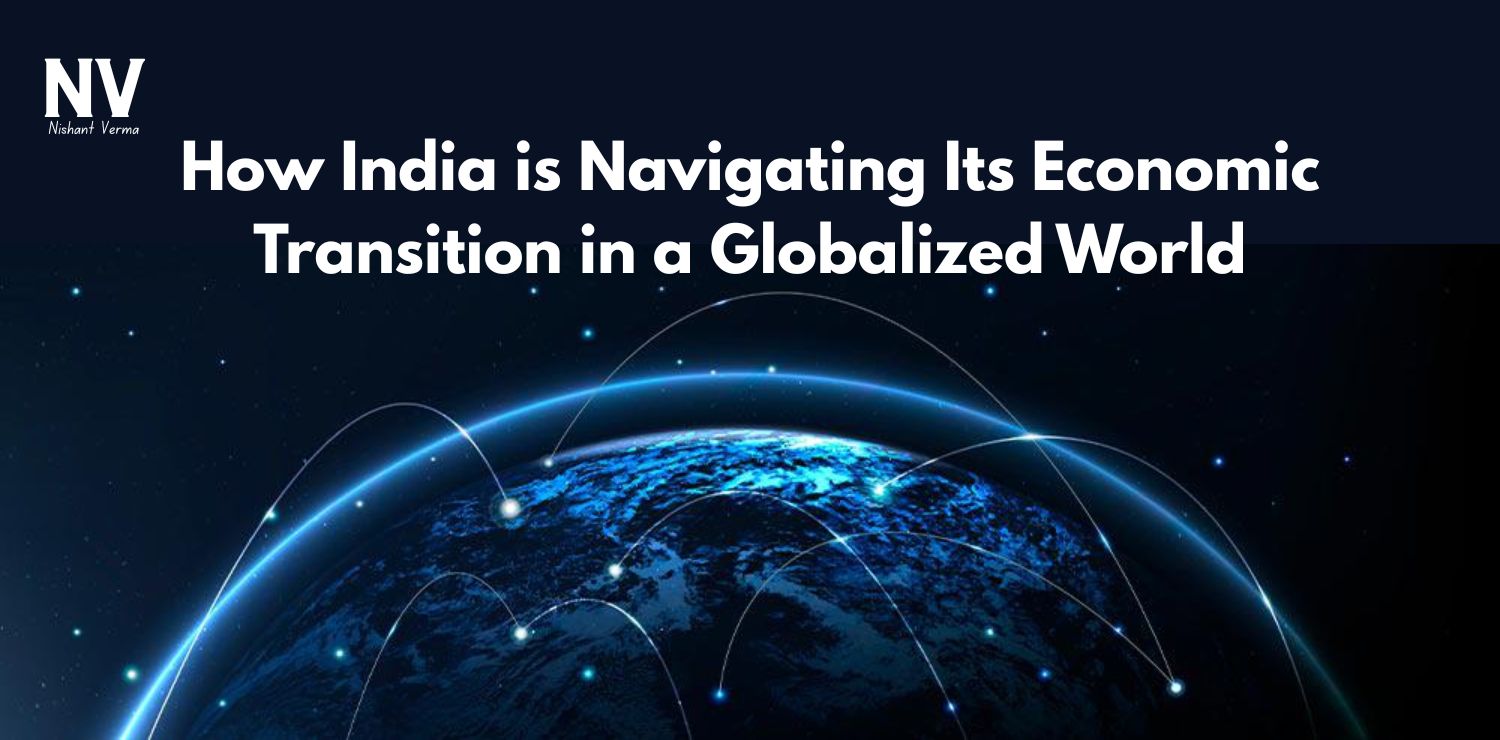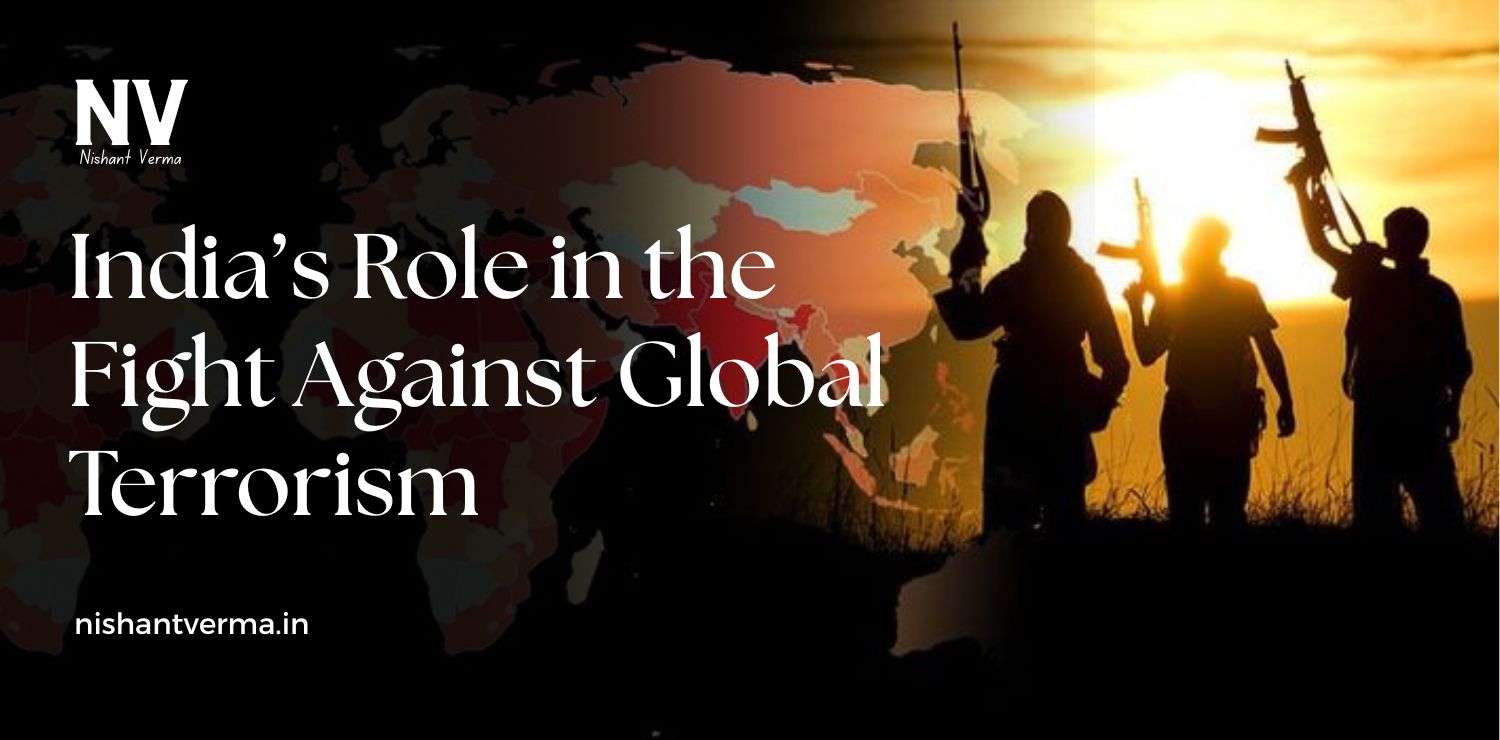The debate surrounding India’s claim for a permanent seat with veto power at the United Nations Security Council (UNSC) has been a long-standing issue in international politics. India has been advocating for this status for several decades, but various factors have delayed this ambition. However, a comprehensive report from Australia’s Lowy Institute has played a pivotal role in shaping global perspectives on India’s potential UNSC reforms and has significantly supported India’s pursuit of this prestigious status.
A Closer Look at the Lowy Institute Report
The Lowy Institute, one of Australia’s most influential think tanks, released a report that analyzed India’s strategic ambitions and global positioning. The report highlighted India’s significant economic growth, military strength, and diplomatic influence, making a strong case for the country’s inclusion as a permanent member of the UNSC with veto power.
Why is India’s UNSC Membership Important?
India’s inclusion as a permanent member of the UNSC is not just about adding a new voice to the table but about ensuring that the council is more representative and democratic. Currently, the UNSC’s permanent membership includes five countries— the United States, the United Kingdom, Russia, China, and France— all of which reflect the post-World War II geopolitical order. Critics argue that this structure is outdated and fails to accommodate the contemporary global power dynamics.
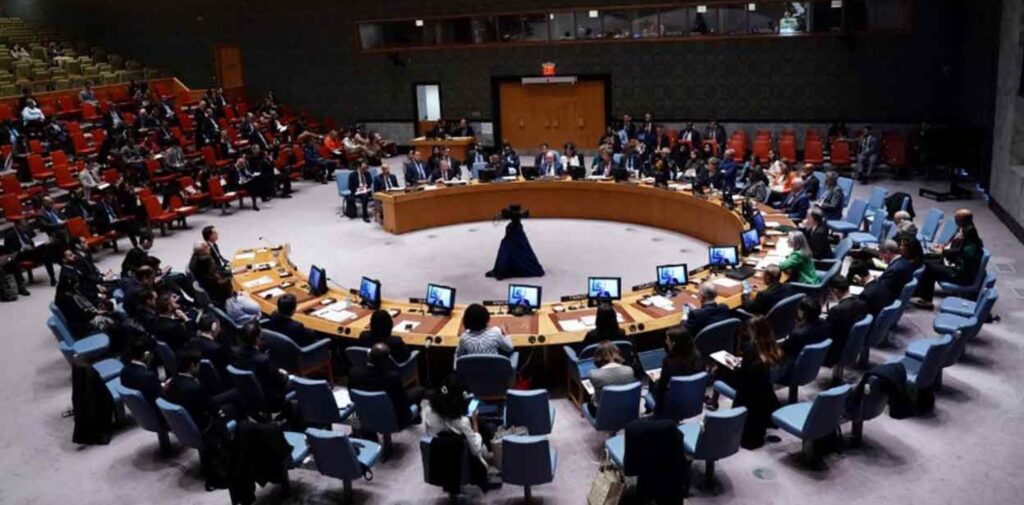
India, as one of the world’s largest democracies and fastest-growing economies, believes that it deserves a seat at the table where significant decisions affecting global peace and security are made. India’s call for veto power, which is currently held exclusively by the five permanent members (P5), is rooted in its aspiration to have an effective voice and role in international decision-making.
Key Arguments in the Lowy Institute Report
India’s Growing Economic and Military Power: The Lowy Institute highlighted India’s rise as an economic powerhouse and a significant military force. India is already the world’s fifth-largest economy and possesses the world’s fourth-strongest military. Such capabilities place India in a strong position to contribute meaningfully to international peacekeeping and security efforts.
Strategic and Diplomatic Influence: The report emphasized India’s diplomatic engagements through platforms like BRICS (Brazil, Russia, India, China, and South Africa), the G20, and its active participation in various UN missions. This showcases India’s dedication to global governance and its potential to take on greater responsibilities within the UN framework.
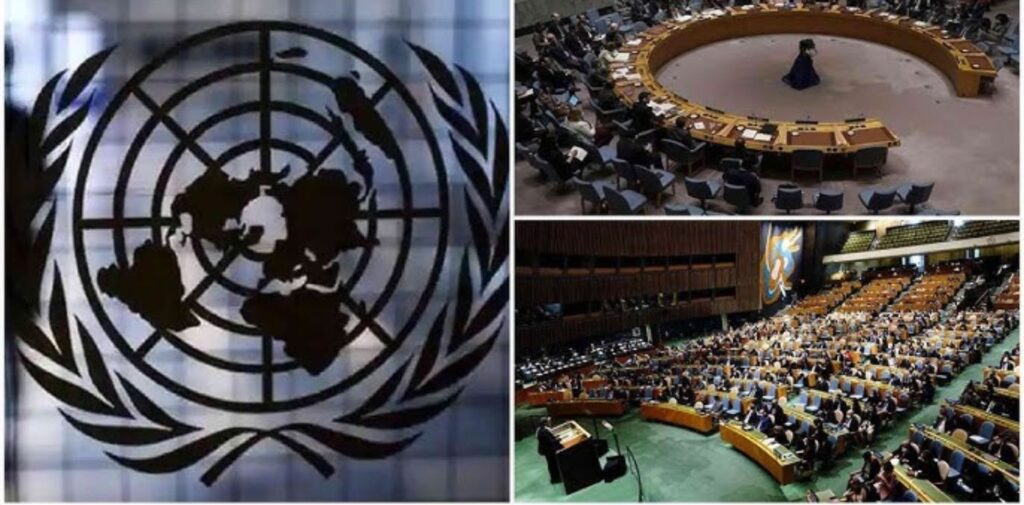
Champion of Multilateralism: The report argues that India has historically been a proponent of multilateralism, advocating for fairer and more inclusive international systems. This aligns with the broader agenda of making the UNSC more representative of the global community.
Support from Key Global Players: Countries such as the United States, the United Kingdom, and France have openly supported India’s bid for permanent membership. The Lowy Institute’s analysis highlights this support and how it positions India favorably in the ongoing dialogue about UNSC reforms.
The Roadblocks: Opposition from China and Hesitation within Australia
While many global powers have shown support for India’s permanent membership, China remains a significant hurdle. China has often blocked India’s aspirations due to geopolitical tensions and regional rivalries, particularly concerning border disputes and competition for influence in Asia.
Interestingly, the Lowy Institute report also pointed out Australia’s complex stance on the issue. Although Australia has positive diplomatic ties with India, there are concerns that granting veto power to India might disrupt the current balance of power within the UNSC. The report suggests that while Australia supports UNSC reforms, there is caution about expanding veto privileges to new members due to fears of increased gridlock and reduced efficiency in decision-making.
Potential Benefits of India Gaining Veto Power
Balanced Decision-Making: India’s veto power would serve as a counterbalance to the dominance of the current P5 members. It would provide a voice for the Global South, enhancing the legitimacy and acceptance of UNSC decisions among developing nations.
Enhanced Peacekeeping and Security Contributions: India has a long history of contributing to UN peacekeeping missions. A seat with veto power would enable India to shape these missions more effectively, ensuring that they align with both global and regional stability goals.
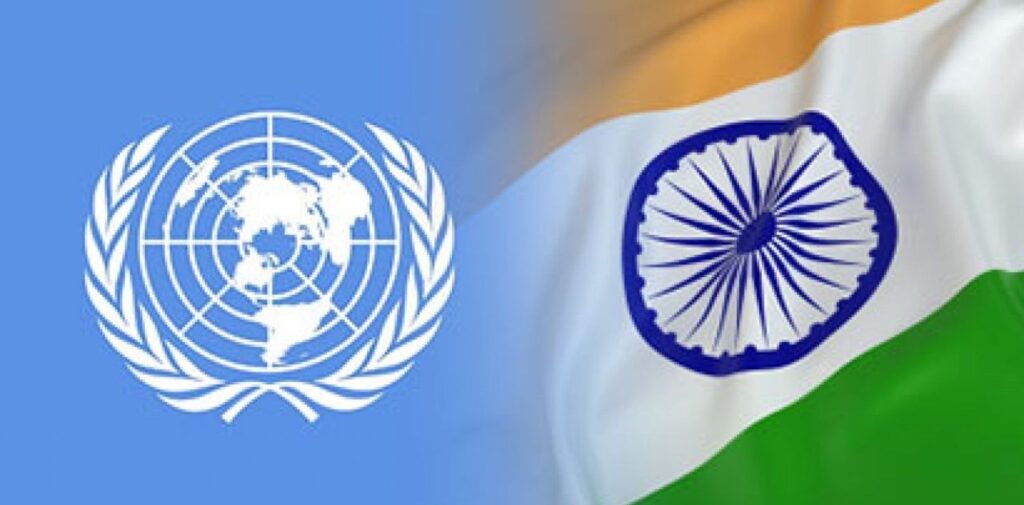
Regional Stability: India’s inclusion would also provide the UNSC with a nuanced understanding of regional dynamics, particularly in South Asia. This would allow the council to address conflicts and crises in the region more comprehensively.
Promotion of Global Governance Reforms: India’s presence as a veto-holding member would likely push for broader reforms within the UN system, advocating for greater transparency, accountability, and efficiency in decision-making processes.
The Way Forward: Leveraging the Lowy Institute’s Analysis
The Lowy Institute’s report has added intellectual heft to India’s claim, reinforcing its case for UNSC reform. To capitalize on this momentum, India must continue to build alliances and showcase its ability to contribute positively to global governance.
Strengthening Alliances: India should deepen its strategic partnerships with other G4 nations—Germany, Japan, and Brazil—who also advocate for UNSC reforms. A united front would increase pressure on the international community to expedite reforms.
Addressing Opposition: India needs to diplomatically engage with countries that oppose its bid, particularly China. This could involve addressing concerns about regional security and demonstrating how India’s inclusion would contribute to global stability.
Leveraging Economic and Military Power: India’s economic and military growth can be used as leverage in negotiations. Demonstrating how its rise can benefit global stability and peacekeeping would further strengthen its case.
Garnering Support from the Global South: As a champion of developing nations, India should seek broader support from African, Asian, and Latin American countries. This would position India as a representative voice for the Global South within the UNSC.
Conclusion: A Transformative Opportunity
The Lowy Institute report has given India’s UNSC ambitions a significant boost, framing it as a candidate that can contribute positively to global governance. However, achieving veto power will not be easy. India must navigate complex geopolitical waters, build broader alliances, and engage in strategic diplomacy to realize its dream of becoming a permanent member with veto privileges. Nevertheless, if successful, India’s presence in the UNSC would not only elevate its global standing but also transform the UNSC into a more representative and effective body for tackling 21st-century challenges.

